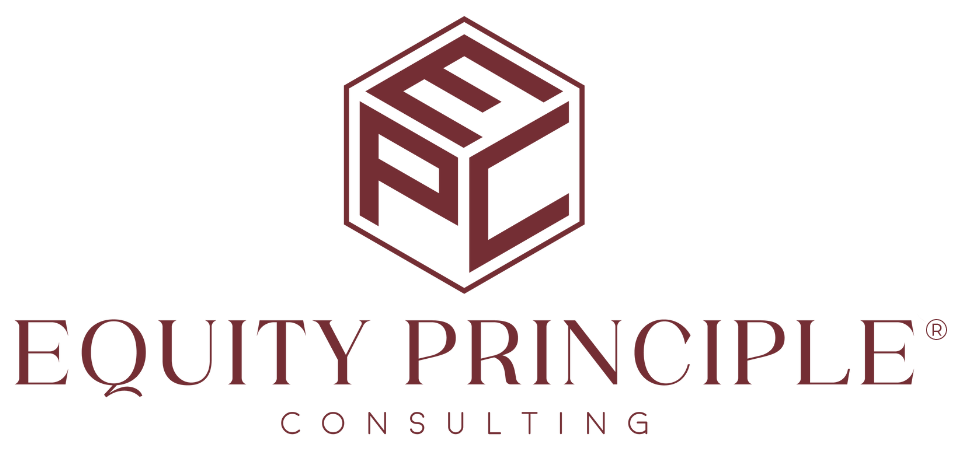The Impact of Corporate Activism on Black Employees: A Realistic Assessment
In an age where hashtags like #BlackLivesMatter and #DiversityAndInclusion dominate social media, corporate activism has become more than a trend – it’s a statement of values. As companies increasingly take stands on social and racial justice issues, there’s a growing need to understand the ripple effects of these actions, particularly on Black employees. How do these gestures of solidarity translate into the everyday experiences of the Black workforce?
The Promise of Inclusivity
Corporate activism, when authentic, can be a powerful force for good. It promises a work environment where diversity is not just tolerated but celebrated. Companies like Ben & Jerry’s and Nike have been applauded for their strong stances on racial justice issues. However, the historically marginalized employees within these organizations feel the real impact of such activism.
The Reality on the Ground
For many Black professionals, corporate statements on racial justice are seen as a step in the right direction but not the end goal. The real measure of commitment is seen in the everyday policies and practices of the company. Does the company truly embody the values it espouses on social media? Are there equitable opportunities for advancement, fair hiring practices, and a culture that supports the unique challenges Black employees face?
Bridging the Gap
The gap between public statements and internal realities can often lead to skepticism among Black employees. Companies must transition from performative activism to tangible action to bridge this gap. This includes fostering an inclusive culture, providing mentorship programs, and ensuring equitable access to opportunities. Salesforce’s initiative to perform annual audits to ensure pay equity is a prime example of how companies can take concrete steps toward racial equity.
Listening and Learning
The foundation of effective corporate activism is a genuine willingness to listen and learn. Black employees must feel heard and seen. Their experiences, perspectives, and feedback (and those of other historically marginalized groups) should guide DE&I initiatives. Authentic dialogue can lead to meaningful change, creating a workplace where Black employees don’t just survive but thrive.
The Way Forward
Corporate activism can be a double-edged sword. When well executed, it can lead to positive changes in workplace culture and policy, benefiting Black employees and the organization as a whole. However, when it’s superficial, it risks alienating the very individuals it’s meant to support. The key lies in consistent, authentic action and an ongoing commitment to racial justice and equity.
In conclusion, as companies navigate the complex terrain of corporate activism, the experiences of Black employees offer a vital barometer of progress. By moving beyond hashtags to actionable strategies, businesses can create workplaces that are truly inclusive and equitable. After all, in the words of Desmond Tutu, “If you are neutral in situations of injustice, you have chosen the side of the oppressor.” Let’s choose to be on the right side of history.

